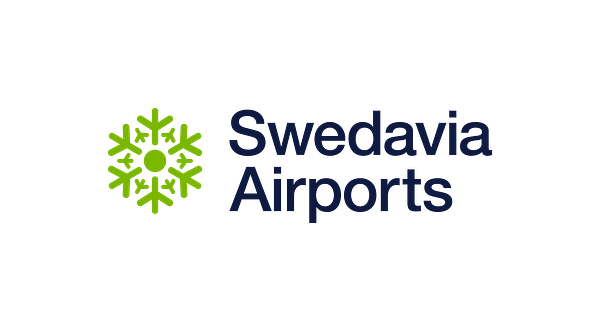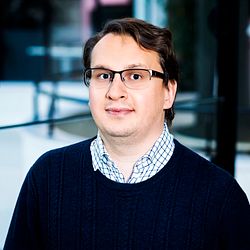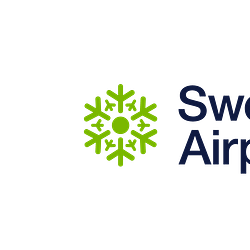Press release -
Increased coordination creates the airport of the future
Sweden is a leader when it comes to developing airports with the least possible environmental impact. For instance, Stockholm Arlanda pioneered a number of innovations in air traffic management that help to reduce carbon emissions. Now the airport, in partnership with the Swedish Transport Administration and Viktoria Institute, is taking further steps to reduce its environmental impact while making door-to-door travel for air passengers more predictable and sustainable.
Airports are important hubs and play a vital role in regional development. Making travel as smooth and environmentally sustainable as possible requires interaction between different stakeholders of different transport modes. So Swedavia, the Swedish Transport Administration (Trafikverket) and Viktoria Institute are now investing in research and innovation to make Stockholm Arlanda the leading airport of the future.
The goal is to increase predictability and enable the airport to use resources better than it does today. As a result, access to the airport can improve, generating more benefits to the environment. The project, which continues until 2014, will help Stockholm Arlanda develop into a world-class airport focused on passenger satisfaction and the environment.
“We want to increase efficiency for travellers with greater access to information and smoother flows. Then passengers can spend their time in peace and quiet doing what they want to do for their journey instead of planning it,” says Kjell-Åke Westin, airport director at Stockholm Arlanda.
“Stockholm Arlanda is one ofSweden’s most important communication hubs. When Stockholm Arlanda grows, automobile traffic to and from the airport also increases, which in turn increases congestion and emissions. Together with other stakeholders and with the help of research and innovation, we want to find solutions for better utilising the transport system so trips to the airport can be smoother, greener and safer. Our hope is that the results from the airport can also be used in other multimodal transport systems,” says Helena Sundberg, regional director of the Swedish Transport Administration,Stockholm.
“It is an exciting challenge to develop the passenger process from a holistic perspective. Different transport modes need to be combined, and the roles of different parties need to be identified and developed in order to provide a sustainable transport system. This is one of the challenges for sustainable multimodal transport systems of the future,” says Mikael Lind, sustainable transport research manager at Viktoria Institute and project manager of Future Airports.
For more information, please contact:
Contacts:
Mikael Lind, Viktoria Institute, Project Manager,
FutureAirports, tel. 0705-66 40 97
Per Arenhage, Technical Director, Swedavia, tel. 08-797 87 37
Kjell Avergren, Swedish Transport Administration, tel. 0243-754 13
www.futureairports.se
Categories
Viktoria Institute, part of the Swedish ICT structure of institutes, is a non-profit IT research institute focused on automotive and transport informatics. The applied research carried out here, which is aimed at creating strategic benefits and research excellence, is divided into five areas: electromobility, cooperative systems, vehicle diagnostics, sustainable transport and open vehicle platforms. In sustainable transport, the focus is on sustainable solutions for transporting people and goods for urban, regional, national and global sustainable mobility.
The Swedavia Group owns, operates and develops 11 airports across Sweden. Its role is to create the access Sweden needs in order to facilitate travel, business and meetings. Safe, satisfied passengers are the foundation of the Group’s operations. Swedavia is a global leader in developing airports with the least possible environmental impact. The Group has annual revenue of about 4.5 billion Swedish kronor and 2,500 employees.
The Swedish Transport Administration (Trafikverket) is responsible for long-term planning of the Swedish transport system – traffic on roads and railways, on the sea and in flight. It is also responsible for building, operating and maintaining public roads and railways, and works to provide basic access to interregional public transport, in part through its transport procurement operations. The Swedish Transport Administration is also entrusted with the task of examining issues involving government funding of Swedish navigation.
Viktoria Institute conducts industrial research on vehicles and transport for sustainable mobility.
Swedavia has a roughly 90 per cent share of Sweden’s domestic air traffic and an 80 per cent share of international air traffic, in terms of passenger numbers.
The Swedish Transport Administration is responsible for public roads and railways and for long-term planning of the public transport system.



